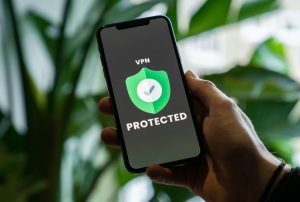
Reboot Regularly How often do you power off your phone? In today’s smartphone-centric world, it’s likely not a frequent practice. However, the NSA recommends turning off your phone once a week. This simple action can help disrupt potential cyberattack chains, forcing hackers to restart their efforts.
Essential Security Tips The NSA’s list, initially shared in 2020 and recently highlighted by Forbes, offers various tips to safeguard your device. Key recommendations include:
- Turn Off Unused Features: Disable Bluetooth and Wi-Fi when not in use to prevent unauthorized access.
- Keep Software Updated: Regularly update your OS and apps to protect against vulnerabilities.
- Use Secure Passwords: Employ strong lock-screen passwords to keep your phone secure.
- Avoid Unknown Accessories: Be cautious with unfamiliar USB devices and use trusted accessories only.
- Disable Location Services: Turn off location services when not needed to enhance privacy.
Additional Precautions
- Be Wary of Email Attachments: Avoid suspicious email attachments, even from known contacts.
- Ignore Pop-Ups: Refrain from interacting with pop-ups that may prompt malware installation.
- Protect Sensitive Data: Never share sensitive information, like passwords, via text messages.
Use Helpful Apps Consider using apps like GlassWire to monitor your internet traffic for suspicious activity. Ensure you use unique logins for each service to minimize risk if one account is compromised. A reliable VPN can also provide an extra layer of security.
Even though some tips might seem inconvenient, especially if you rely on Bluetooth for devices like smartwatches, they are essential as mobile threats become increasingly complex. Unless you’re a high-profile target like Jason Bourne, use common sense regarding public chargers and Wi-Fi networks. Following these practices can help protect your mobile device from cyber threats.
Newer Articles
- Property and Pensions: Strategies for a Secure Retirement
- Reviving Wrightbus: Leading the Charge in Hydrogen-Powered Public Transport
- Apple Launches ‘Apple Intelligence’ AI Features at WWDC2024: Create Your Own Emojis and Send SMS via Satellite
